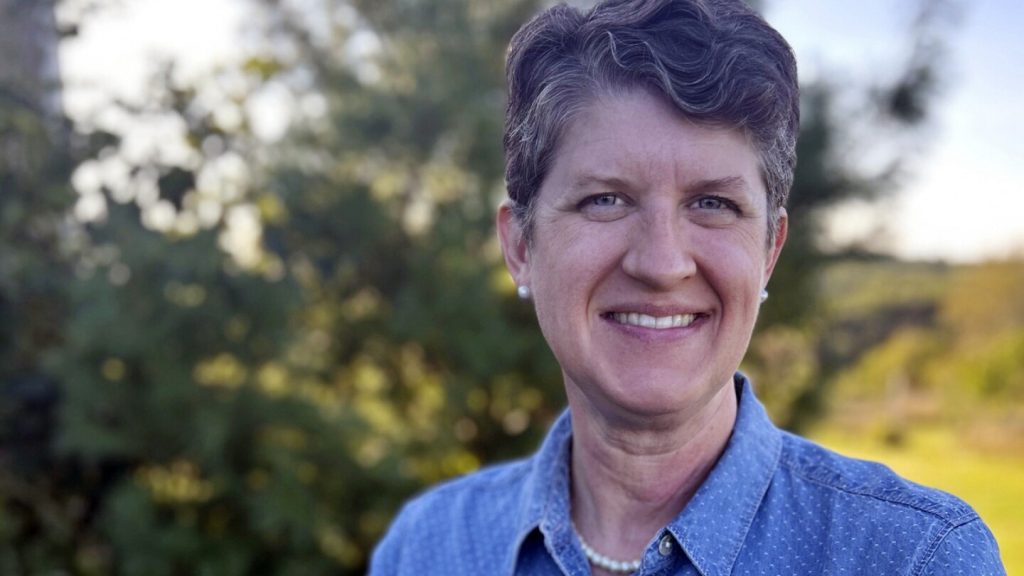Wisconsin’s Top Education Job: A Unique Position of Power
Wisconsin stands out as the only state in the nation where voters directly elect the top education official, and there is no state board of education. This structure grants the Superintendent of Public Instruction, who heads the Department of Public Instruction (DPI), a broad and singular authority over education policy. The DPI is responsible for a wide array of duties, including the distribution of school funding, management of teacher licensing, and oversight of educational standards. Whoever secures the position will have a significant impact on the state’s educational landscape. Notably, this person will also manage Wisconsin’s relationship with the federal government, particularly as the Trump administration continues to push for the elimination of the federal Department of Education, which currently provides about 14% of public school funding. With an annual budget of $79 billion, federal support is crucial for maintaining the quality and accessibility of education in Wisconsin.
Democratic Incumbent vs. Challenging Flanks
The current Superintendent of Public Instruction, Jill Underly, was first elected in 2021 with strong backing from Democrats and teacher unions. Underly, a champion for public schools, is now facing challenges from both the left and the right. On her left, Jeff Wright, the Superintendent of Sauk Prairie Schools and a two-time Democratic candidate for state Assembly, has emerged as a formidable challenger. Wright has gained support from public school administrators and educators who feel Underly has not done enough to address the issues they face. On the right, Brittany Kinser, a consultant who advocates for privatizing education through voucher programs and has ties to charter school funding, is making her case. Kinser, who describes herself as a "Blue Dog Democrat," or a conservative Democrat, has garnered significant support from Republicans and conservative donors. The political action committee of the Wisconsin Education Association Council (WEAC), the state’s largest teachers union, has recommended Wright, though it has not fully endorsed him. This move signals a shift in support away from Underly, who is still backed by the Wisconsin Democratic Party and numerous Democratic office holders.
Republican Support for Kinser
Brittany Kinser’s campaign has been bolstered by substantial financial support from the Republican Party and conservative donors. The Wisconsin Republican Party has contributed $100,000 to her campaign, while billionaire GOP megadonors Dick and Liz Uihlein, founders of the shipping company Uline, and Diane Hendricks, owner of ABC Supply, have each donated the maximum individual amount of $20,000. Kinser’s conservative stance on education, particularly her support for private school vouchers and charter schools, aligns with the Republican agenda. However, her detractors, including Wright and Underly, have criticized her for letting her state administrator license expire last summer, arguing that this makes her unqualified to lead the DPI. Kinser dismisses these criticisms, pointing to her 25 years of educational experience and emphasizing her focus on improving student performance.
Underly’s Approach to School Funding and Standards
Jill Underly has positioned herself as the staunchest defender of public schools. She has proposed using nearly all of the state’s $4 billion surplus to increase school funding, a move that has been met with resistance from the Republican-controlled Legislature. Underly argues that this funding is crucial to address the pressing needs of Wisconsin’s schools and to provide students with the resources they deserve. Additionally, she oversaw the overhaul of state achievement standards last year, which she claims better reflect what students are learning in the current educational environment. However, her changes have faced bipartisan opposition, including from Democratic Governor Tony Evers, who previously held the role of Superintendent. Critics argue that the new standards have lowered the bar for students and made it more difficult to accurately assess school and district performance over time. This criticism is a significant point of contention in the race, with both Wright and Kinser expressing concerns about the standards and advocating for their restoration.
Wright’s Critique and Funding Stance
Jeff Wright, the rural school superintendent, has been critical of Underly’s management and the relationship between the DPI and the Legislature. He has accused Underly of "failing Wisconsin schools" and produced a television ad highlighting what he sees as her shortcomings. Wright believes that while Wisconsin schools do not need the $4 billion Underly has requested, they do require increased funding to prevent districts from having to rely on property tax increases. He argues that the current state of school funding is unsustainable and that a more balanced approach is necessary. Wright also emphasizes the importance of improving student performance and addressing the significant achievement gap between Black and white students, a persistent issue in Wisconsin’s educational system.
Future of Act 10 and Other Key Issues
One of the most contentious issues in the race is the future of Act 10, the 2011 law that effectively ended collective bargaining for school teachers and most other public workers. Both Underly and Wright support overturning the law, which they view as unconstitutional. Underly even held a news conference to criticize the Trump administration’s freezing of federal aid for Head Start programs on the same day she skipped a candidate forum with Kinser and Wright. Kinser, however, does not support the repeal of Act 10 and views the law as a necessary measure to control public spending and enhance administrative flexibility. The race has struggled to gain the same level of public attention as the high-profile Wisconsin Supreme Court contest, which will also be on the April 1 ballot and has the potential to significantly influence the state’s ideological balance. Nonetheless, the outcome of the education race will have far-reaching implications for Wisconsin’s students and educators.












